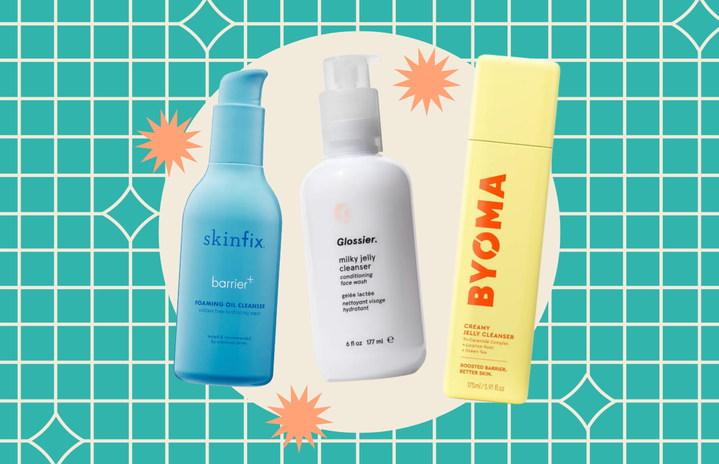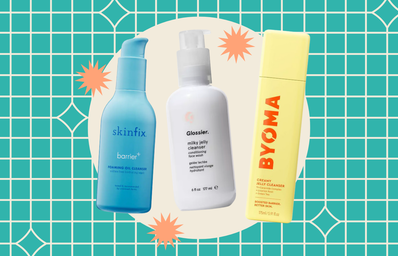“Run don’t walk!”, “Here’s everything I bought in Primark today”, “You HAVE to get this Trigwell powder puff”, “The link to everything I have used is linked below”, “Shein haul!”, “How amazing is this new jumpsuit from TikTok shop?!”
Every time I hop onto the TikTok app for some light entertainment, this is all I seem to be confronted with. At a time when environmental leaders are warning us that our planet is reaching its limit when it comes to excessive resource extraction and pollution, the materialistic throwaway culture which is being promoted on social media, but especially TikTok, is growing ever more dangerous.
We all know that hauls are nothing new on social media; during the YouTube days of Zoella, Tanya Burr, Niomi Smart and countless others, hauls of clothing, makeup and homeware took the platform by storm, arguably marking the beginnings of influencer culture. However, TikTok has rapidly intensified this trend and boosted the accessibility and advertisement of these such products, many of which fall into short-lived microtrends. The parasocial relationships between content creators and their audiences also exacerbates this problem, as they market themselves to seem ‘just like us’, in a friendly relatable way. Thus, when your favourite content creator decides to share with you their new favourite lip liner (which is most likely a paid advertisement) it is likely that you will feel more inclined to purchase it yourself. The reality is that most of these products, which are often linked by creators in their TikTok shops, will shortly end up in landfill due to quickly being replaced by a newer, trendier product, or simply being of a poor quality. And then the cycle starts again. And again. And again.
This is the basis of overconsumption: when demand is met with the ability to produce at a rapid pace, it is our planet which ultimately falls victim. Huge amounts of carbon are needed to produce these products, transport them overseas, and distribute them to consumers. And when these products will inevitably end up in landfill, I can’t help but think that this cycle is fuelled by the dangerous mindset of ‘I want it and I want it now’.
What we need to do is link more consciously about the products we buy, and the fact that content creators are most likely being paid to say good things about products online. Of course, it is good to treat yourself to something new every now and then, but it is so important to consider the context of the rapidly declining state of our planet. Next time you are tempted by something on TikTok perhaps stop and think whether that purchase is really necessary. Do you really need that pickle kit, or that jumpsuit in another colour, that trendy new water bottle, or that lip gloss which looks practically identical to at least three others you have in your drawer?
Further Reading
The Guardian. ‘Overconsumption and the environment: should we all stop shopping?’: https://www.theguardian.com/lifeandstyle/2021/may/30/should-we-all-stop-shopping-how-to-end-overconsumption
WWF. ’10 Things You Can Do To Help Save Our Planet’: https://www.wwf.org.uk/thingsyoucando#:~:text=Buying%20less%20will%20save%20you,is%20going%20towards%20positive%20change.
The Observer. ‘“TikTok Made Me Buy It! and why it’s also making you overconsume’: https://observer.case.edu/tiktok-made-me-buy-it-and-why-its-also-making-you-overconsume/


